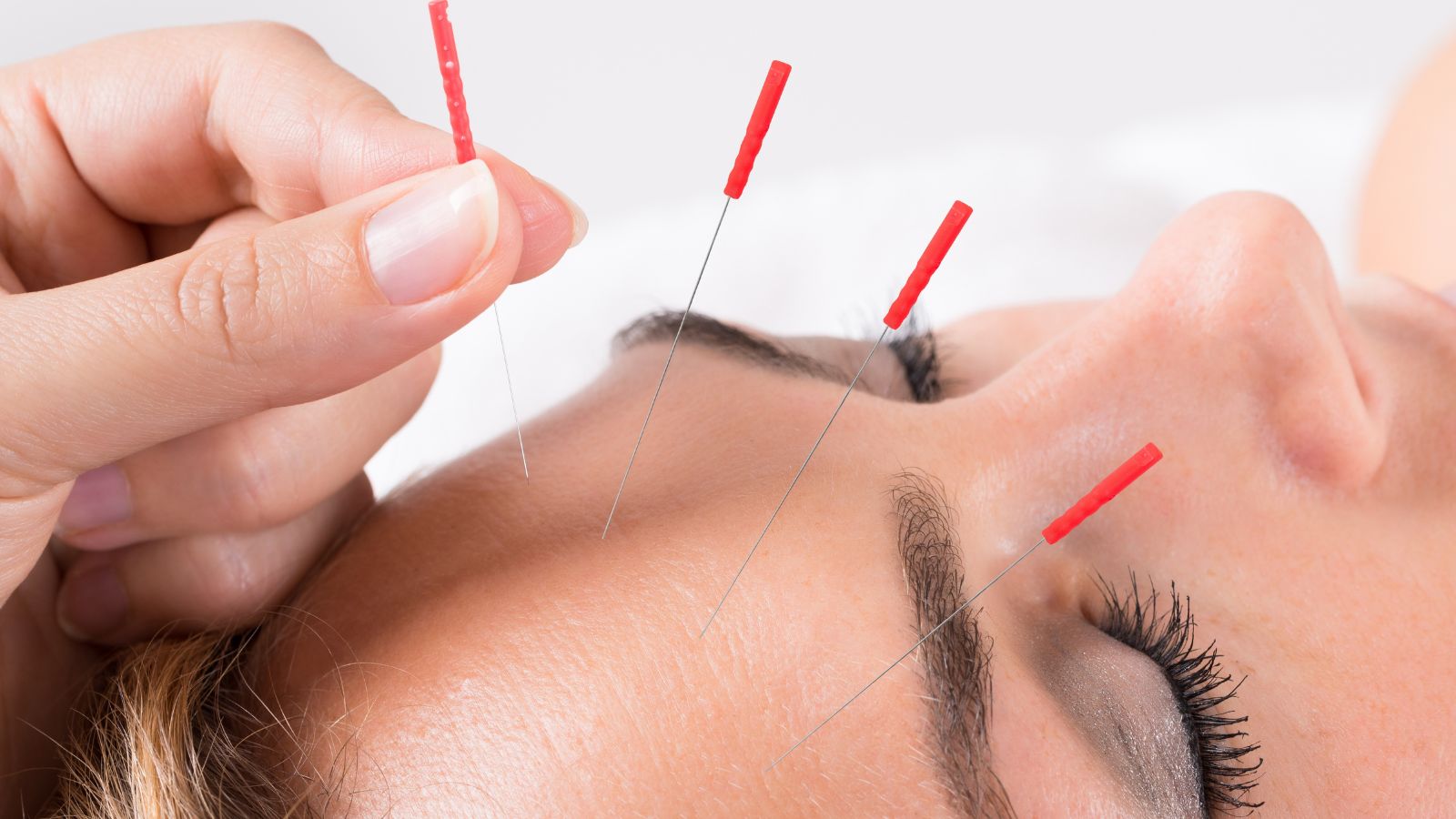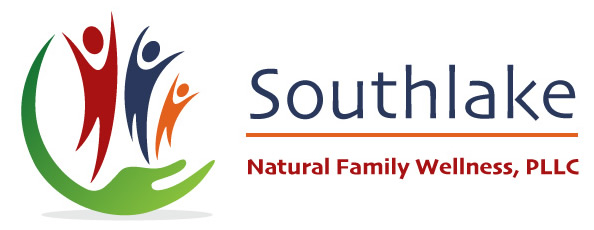Debunking Acupuncture Myths: What It Really Is and What It Isn’t
- 28/07/2025
- By Southlake Natural Family Wellness
- Acupuncture
- Comments Off on Debunking Acupuncture Myths: What It Really Is and What It Isn’t

Acupuncture has been practiced for thousands of years, but misconceptions about its safety, effectiveness, and scientific basis still shape public perception. From fears of pain to skepticism about real results, these common myths about acupuncture often prevent people from experiencing the benefits of this ancient therapy. The reality? Acupuncture is both a time-tested and scientifically recognized treatment with applications in modern healthcare. In this article, we’ll separate fact from fiction, explain what acupuncture truly involves, and show how it integrates with today’s medical and wellness practices.
The Science and Tradition Behind Acupuncture
One of the most widespread acupuncture myths is that it’s merely a placebo, lacking scientific foundation. In reality, acupuncture is a central component of traditional Chinese medicine (TCM) and is aimed at restoring balance within the body. It is founded on the concept of qi (“chee”), or vital energy, which is thought to flow along specific pathways known as meridians.
Modern research has validated many of acupuncture’s physiological effects. Controlled studies, including those referenced by the National Institutes of Health (NIH), demonstrate that acupuncture stimulates nerves, muscles, and connective tissue, enhancing blood circulation and prompting the body to release natural pain-relieving chemicals. While its roots are ancient, today’s acupuncture often integrates contemporary medical understanding for comprehensive care.
Debunking Common Myths About Acupuncture
1. Myth: Acupuncture is Painful
A common misconception is that acupuncture is a painful procedure. Truthfully, acupuncture needles are extremely fine, about as thin as a human hair. Most people experience minimal to no pain during treatment; sensations such as gentle warmth, tingling, or pressure are much more common than sharp discomfort.
2. Myth: Acupuncture is Only for Pain Relief
Acupuncture is widely known for pain relief, but its benefits go far beyond that. Research and clinical experience show acupuncture can also help with:
- Stress reduction and anxiety
- Digestive disorders
- Sleep improvement
- Hormone regulation
- Immune system support
- Allergy and sinus relief
- Enhanced energy and mental clarity
3. Myth: Acupuncture Lacks Scientific Basis
This is a persistent misunderstanding. The World Health Organization (WHO) lists dozens of conditions where acupuncture may be beneficial, and the NIH recognizes its role in managing pain, migraines, and other conditions. Studies indicate acupuncture influences the nervous system, blood flow, and even the release of neurotransmitters.
4. Myth: Acupuncture Only ‘Works’ If You Believe in It
While placebo effects exist in all medicine, quality research using “sham acupuncture” controls has shown real acupuncture delivers significantly better outcomes than placebo interventions.
5. Myth: Acupuncture Has Dangerous Side Effects
When performed by a licensed practitioner, acupuncture is extremely safe. Adverse effects are rare and typically mild, especially compared to long-term medication use. Side effects such as minor bruising or temporary soreness are far less common than those associated with many pharmaceuticals.
What Acupuncture Isn’t
Despite misconceptions, acupuncture is not a mystical, outdated ritual with no place in modern healthcare. Rather, it is a rigorously studied, evidence-based complementary therapy integrated into hospitals, clinics, and wellness centers worldwide. You don’t need to forgo Western medicine to benefit. Acupuncture can complement other therapies and help address chronic symptoms, stress, or issues unresolved by conventional treatment.
Acupuncture also isn’t just for those already interested in Eastern medicine. Many patients seek acupuncture after other interventions have failed, discovering measurable improvements in pain, stress, or quality of life.
Backed by Health Authorities
Acupuncture’s legitimacy is supported by leading medical organizations worldwide:
- The World Health Organization recognizes acupuncture’s effectiveness for various conditions, including headaches, arthritis, back pain, allergies, and gastrointestinal issues.
- The National Institutes of Health affirms its benefits for back pain, osteoarthritis, fibromyalgia, and much more.
Acupuncture is increasingly integrated into mainstream wellness routines, partly because it supports immune health, eases chronic pain, reduces stress, and may boost overall energy.
More Than Just Pain Relief
Reducing discomfort is only one benefit. Acupuncture can support:
- Emotional well-being and mood balance
- Improved sleep and energy
- Hormonal cycle regulation
- Relief from allergy and sinus issues
- Aid during addiction recovery
These broad effects stem from acupuncture’s holistic approach to health and are supported by both clinical evidence and patient testimonials.
Frequently Asked Questions About Acupuncture
Q: Is acupuncture safe?
A: Yes, when performed by a licensed and board-certified practitioner, acupuncture is considered very safe with minimal side effects.
Q: Does acupuncture hurt?
A: Most patients feel little or no pain. The needles are very fine, and any discomfort is usually mild and temporary.
Q: How many sessions do I need?
A: The number of sessions depends on your health goals and condition. Some people notice improvement after the first treatment, while others require several sessions for optimal results.
Q: Is acupuncture covered by insurance?
A: Many insurance plans now cover acupuncture for certain conditions. Check with your provider and ask your acupuncturist about coverage and necessary documentation.
Q: Can acupuncture be combined with other medical treatments?
A: Absolutely. Acupuncture complements, rather than replaces, traditional medical care and is often used alongside Western treatments for holistic wellness.
Still Believe the Hype? Time to Rethink These Acupuncture Myths
It’s easy to let myths or outdated beliefs sway your decisions. But acupuncture stands on a strong foundation of tradition and scientific research, offering benefits that range from pain relief to better sleep and emotional well-being. If you’re curious but still unsure, speak with a licensed practitioner, read trusted resources from the NIH or WHO, and keep an open mind. The evidence speaks for itself.
About Farrah Hamraie
Farrah Hamraie, L.Ac, MOM, Dipl.OM (NCCAOM), is licensed and board-certified in Acupuncture and Herbal Medicine in the State of Texas with a Master of Oriental Medicine from the Dallas College of Oriental Medicine.
She is also a Diplomat of NCCAOM (the National Certification Commission for Acupuncture and Oriental Medicine), a Board Certified Acupuncturist, a Chinese Herbalist, and a member of the American Association of Oriental Medicine.
Contact us today.





